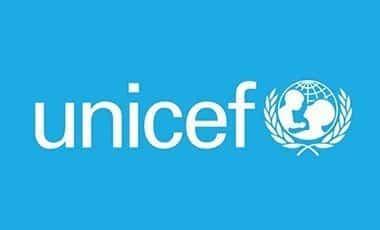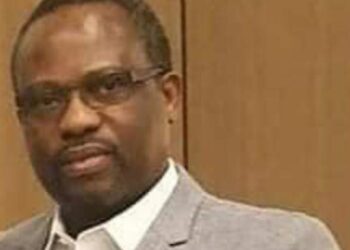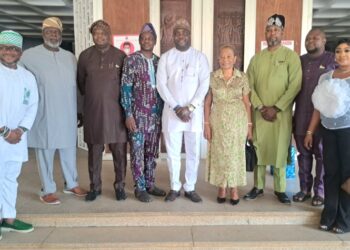THE United Nations International Children Education Fund (UNICEF) has renewed its commitment to support the Nigerian health sector towards improving maternal and child health, strengthening immunisation and revitalization of Primary Healthcare system in Nigeria.
The Deputy Executive Director, Programme, UNICEF, Mr. Omar Abdi made this known while meeting with the Minister of Health Professor Isacc Adewole in Abuja.
Abdi said that UNICEF and Federal Ministry of Health have a long history of partnership in improving healthcare system in Nigerian, but that their visit to the Minister was to renew their commitment and to ensure that their plans were in line with the Minister’s priority.
Speaking further, member of the delegation, Marie Pierre Poirier, UNICEF West and Central Africa Regional Office, Dakar, Republic of Senegal said that UNICEF considered Nigeria as very important country in West and Central African Region.
She said that sharing ideas between the health minister and UNICEF may offer solutions to some of the numerous challenges confronting the Nigerian health sector.
She said: “We sought for a conversation with you to hear your vision and strategy so that we can support it. We want to set specific objectives, which would include immunisation component which may support the fight against polio in the country’’.
“We want your guidance; we are on the process of shaping the next five years programme, so we want to make sure that what we want to do in the health sector in Nigeria is in line with your priority, but also we shall together define it in terms of actual result that we would achieve on children”, she added.
Responding, the Minister of Health, Professor Adewole, who appreciated the support of UNICEF in the fight against polio, child survival, prevention of mother to child HIV/AIDS transmission and nutrition, said that investing on Primary Health Care system at the community level was the only way to improve the health indices of Nigeria.
“When you look at our healthcare indicator, our problem is not the rich or the educated; 95 per cent of educated Nigerians receive antenatal care and 20 per cent of the poor receive antenatal care. So if we want to truly address maternal mortality, we must focus on the rural and the poor.
“The same goes for immunisation, the rich can take care of themselves, they can take the next available flight out of Nigeria access care but the poor have nowhere to go,” Adewole stressed.











